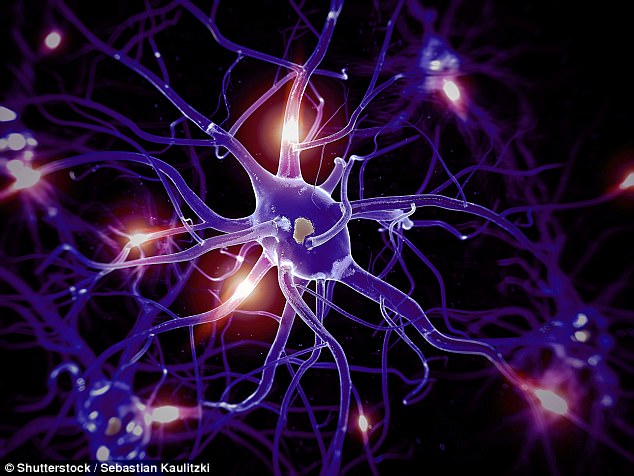How Breastfeeding Strengthens Your Child’s Immune System
Infants who breastfeed benefit from a stronger immune system.
An infant's immune system is bolstered and its resistance to infectious illnesses is increased by nursing, according to a recent research by Katherine Wander, an associate professor of anthropology at Binghamton University.
She is the study's primary author, which was just published in the magazine Evolution Medicine and Public Health.
For the inquiry, the study team looked at more than 100 mother and child pairs in rural Kilimanjaro. Even when compared to other regions of East Africa, extended breastfeeding is prevalent among this population, and infectious illnesses during infancy are extremely common. This makes Kilimanjaro the ideal spot to begin comprehending how immune protection from milk might affect the danger of infectious illnesses, claims Wander.
The immune system of milk is most frequently discussed in relation to the transmission of maternal antibodies to children through breast milk, which is indeed extremely essential, but it appears that there is much more going on as well. Milk has a complete immunological system that may mount immune responses, according to Wander. "We're just starting to comprehend the entire scope and function of milk's immune system."
milk and defense
Mother's milk contains antibodies and a variety of immune cell types, which are both necessary to start immunological responses. However, Wander notes that the method by which they are extracted from the mother's blood appears to be selected rather than random. These milk components come from the mother's immune system. Although this process is not well understood.
To determine how milk's immune system affected infant health, researchers combined a little amount of milk with a few bacteria and incubated the mixture overnight. Interleukin-6, an inflammatory immune cell communication molecule, was then monitored for growth. This in-vitro reaction demonstrates how the immune system of the milk is anticipated to respond to germs present in the baby's body, such as the gut.
The study team also kept track of the Tanzanian newborns to determine whether those who drank milk that elicited better immune responses during the in-vitro testing were at a lower risk for contracting infectious infections. Infected disorders, particularly respiratory infections like pneumonia, were less common in newborns whose mothers' milk generated stronger defenses against Salmonella.
However, milk that mounted stronger reactions to a benign strain of E. coli, which is ubiquitous in the human digestive system, also tended to mount stronger responses to Salmonella, and these responses weren't good for newborns. Infants who consumed milk with increased E. coli reactions were more likely to develop gastrointestinal illnesses.
This could be a sign that milk's immune system sometimes reacts inadvertently, perhaps to germs that are naturally found in the gut. The scientists point out that gut flora are crucial in avoiding diarrhea and other infectious disorders.
Even though every immunological response has trade-offs, the quick and widespread drawback of milk was a startling finding.
Given the significance of the situation, Wander stated that "we truly anticipated the immune system of milk to be extremely well geared to defending newborns against infection."
Inappropriate immune responses were predicted to have, at most, unfavorable long-term impacts, such as slowed development or less-than-ideal microbial flora. However, even for adults with fully developed immune systems, identifying a microbial friend or foe and getting rid of an infection without causing harm to the person's own tissues can be challenging. The authors contend that perhaps they shouldn't have been shocked to observe these tradeoffs in newborns as well.
Milk immune responses may not only lessen the incidence of respiratory infections but also "teach" the infant's growing immune system to react to harmful microorganisms. To learn how the immune system calibrates to input like exposure to infectious illnesses, microbial flora, and the immune system in milk, further study is required.
Co-author Mmbaga of the Kilimanjaro Clinical Study Institute remarked, "These findings are intriguing, but the consequences for public health and healthcare will only become obvious with more research." "We need to comprehend how conditions like HIV infection or hunger, which we can design public health initiatives around, impact milk immunological responses."
Beyond infancy and nursing, this study may also be useful. Understanding how the immune system has developed to balance protection and damage might shed light on health issues ranging from baby diarrhea and pneumonia to autoimmune illnesses.
Too frequently, Wander noted, "we implicitly assume that immune responses to different stimuli are entirely separate — as though the immune system's capacity to respond to a potentially lethal infectious agent has no bearing on its capacity to tolerate something that's beneficial or benign, where the response is likely to do more harm than good." But there are growing indications that this isn't the case, such as this research.




Comments
Post a Comment